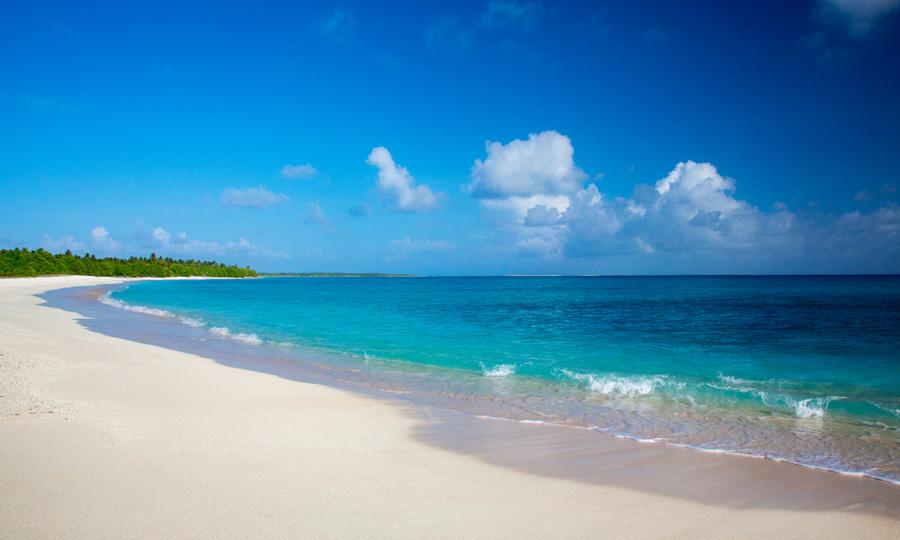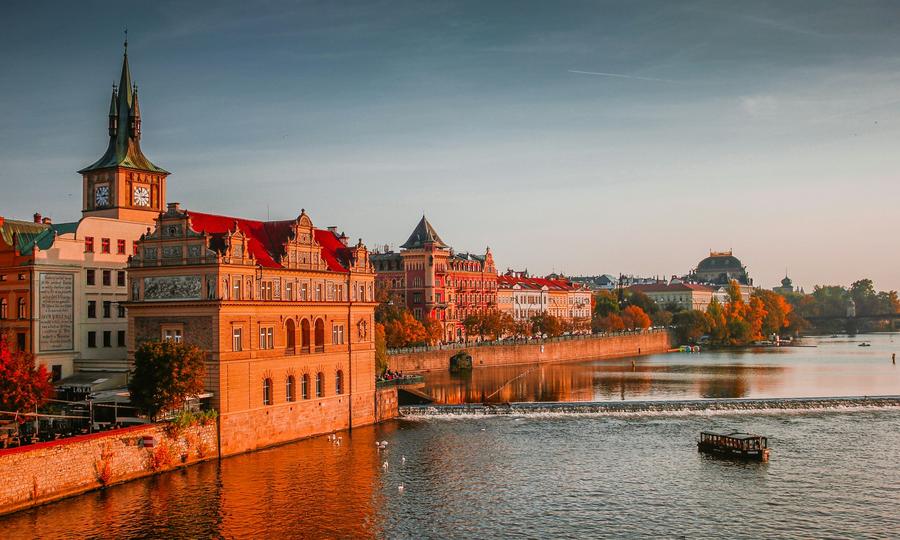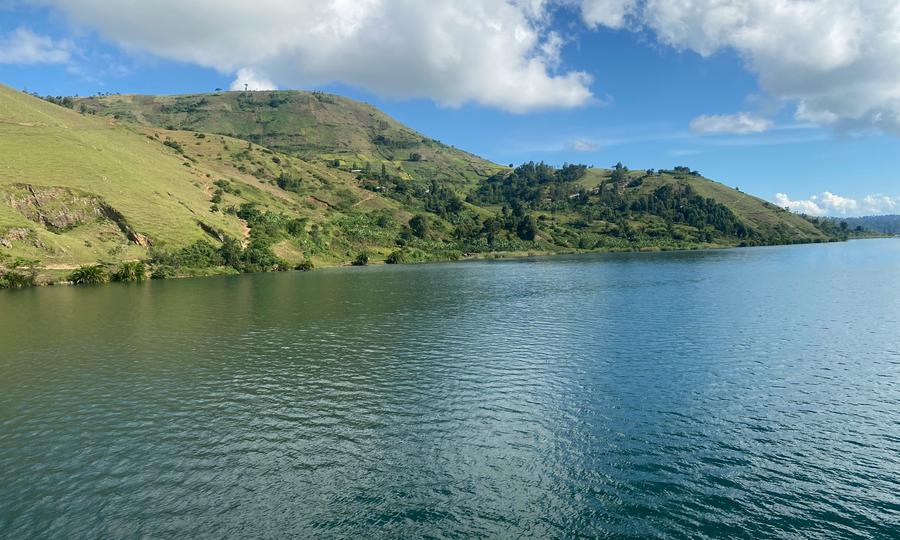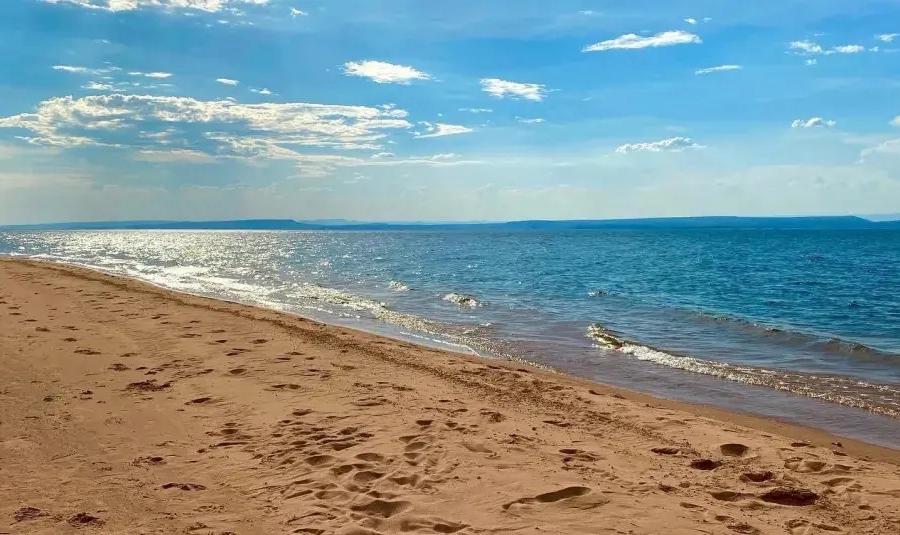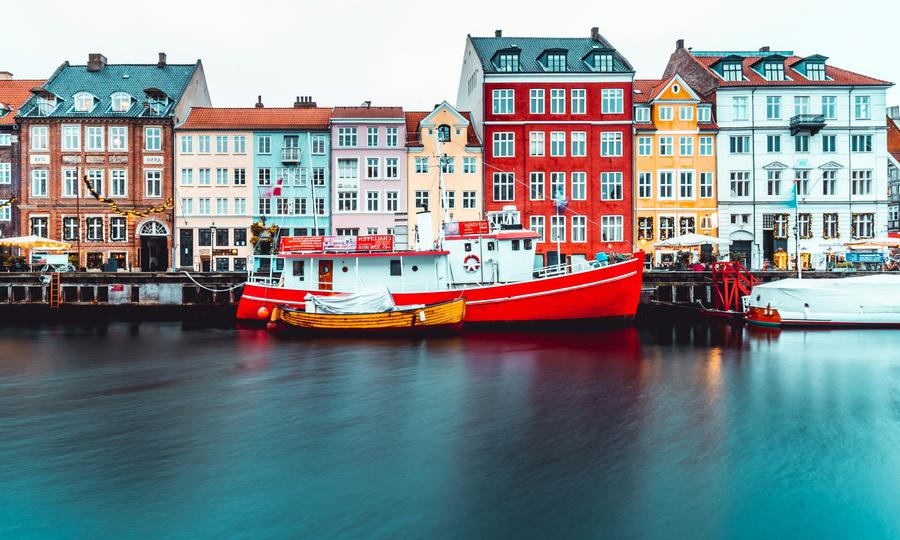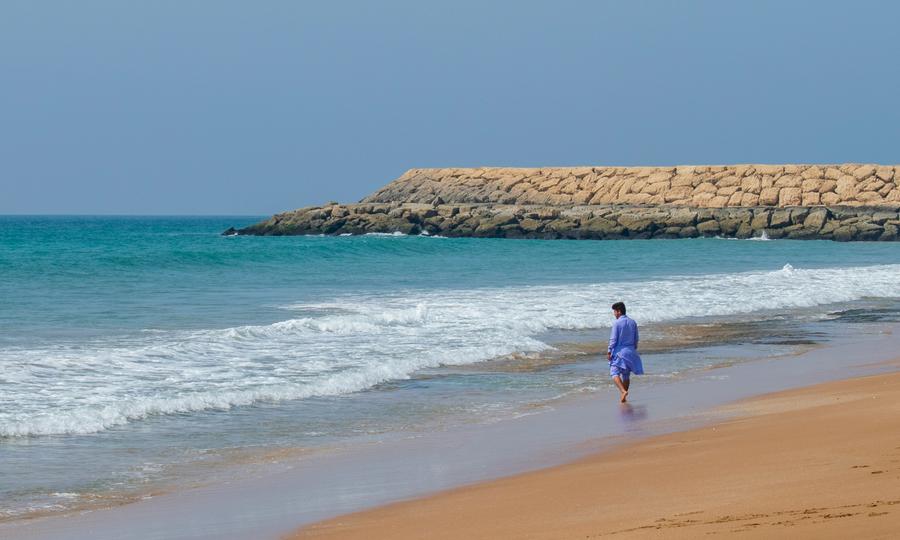Introduction
The Marshall Islands, a remote Pacific archipelago of over 1,000 islands and atolls, is known for its pristine beaches, rich marine biodiversity, and unique cultural heritage. While its natural beauty attracts travelers seeking tranquility and adventure, those interested in naturism or nudism should be aware of the country's legal and cultural stance on public nudity.
Legal Stance on Nudism
The Marshall Islands does not have explicit laws addressing public nudity. However, societal norms and cultural values heavily influence perceptions of decency. Engaging in public nudity can lead to legal consequences under laws related to public order and morality.
Designated Nudist Beaches
Currently, the Marshall Islands does not have any officially designated nudist or clothing-optional beaches. The country's beaches, such as those in Majuro and Kwajalein Atoll, are popular among locals and tourists alike, but they adhere to conventional norms regarding attire.
Avoiding Legal Issues
To ensure a respectful and trouble-free visit:
- Stay Informed: Understand local laws and customs.
- Dress Modestly: Even in beach settings, conservative swimwear is recommended.
- Seek Guidance: Consult local authorities or tour operators about acceptable practices.
- Avoid Secluded Areas: Engaging in nudism in isolated spots can still lead to legal issues if discovered.
Cultural Considerations
The Marshall Islands' cultural landscape is deeply rooted in traditional values and religious beliefs. The majority of the population practices Christianity, so conservative dress and behavior standards prevail. Outside of resorts, it's customary to wear clothing that covers the knees and shoulders.
Conclusion
While the Marshall Islands offers breathtaking natural beauty and a rich cultural experience, it is not a destination conducive to nudist practices. The absence of legal provisions for public nudity, combined with strong cultural and religious norms, makes it imperative for travelers to respect local customs.

